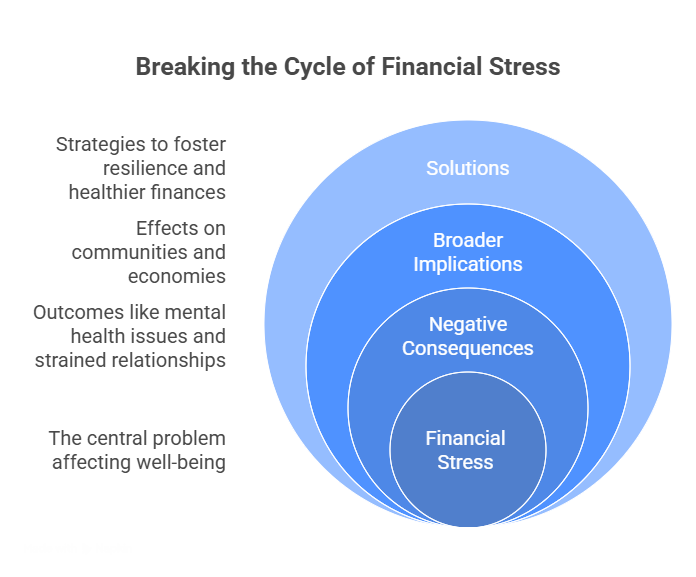Debt and Black Households
7/28/20252 min read


Debt and Black Households
CZApay Marketing Department - 2025
Debt weighs far more heavily on Black households—even affluent ones—than on their non-Black peers. A staggering 63% of higher-income Black households call debt a problem, versus just 45% of non-Black households at the same income level. Nearly half of upper-income Black respondents say that debt curbs their ability to save or retire comfortably.
Retirement Reality Check
The retirement landscape tells an even starker story. Higher-earning Black South Africans face significant challenges compared to their peers:
Less likely to have saved for retirement: 77% vs. 87%
More likely to retire early due to health issues: 44% vs. 32%
More apt to keep working for pay after retiring
Only 31% currently use a financial adviser, though half expect to in future. When they do seek professional help, the focus tends to be on debt management, wills, and insurance rather than the crucial question of "how much is enough?"
A Silver Lining: Enthusiasm for New Solutions
Despite these challenges, there's strong enthusiasm for innovative tools that could help close the gap. Black workers show outsized interest in:
Guaranteed lifetime-income products
Emergency-savings payroll options
Employer matches on student-loan payments
Participation in workplace plans is rising—especially among moderate earners—and satisfaction runs high when these plans are offered.
The Stock Market Gap
Here's a sobering statistic: whilst more than half of White households own some equities, that number drops to about a third for Black families. This matters because investing in stocks is crucial for building wealth over time and generating the returns necessary for a comfortable retirement.
Take Action: Start Where You Are
For many people, the easiest way to dip your toe into the stock market waters is through their workplace savings plan. Think of it like learning to braai—you don't start with a whole lamb, you begin with boerewors and work your way up.
Start with a low percentage contribution and gradually increase the amount you save over time. Some companies even let you do this automatically, like having your TV licence debit order increase each year (except this one actually benefits you!).
Aim to save at least 10% to 15% of your income for retirement. The compounding effect of investing money over time can work like compound interest—it often helps accumulate more than initially expected, building wealth steadily like a well-tended stokveld investment club.
The Bottom Line
Lower resources shape both the reality and outlook for Black retirees, who often face earlier, unplanned exits and a lower-than-expected lifestyle. However, targeted support—help juggling debt, family obligations, and long-term saving—could meaningfully brighten their retirement prospects.
The key is starting somewhere, even if it's small. As we say in South Africa, "Boer maak 'n plan"—and that plan starts with taking the first step, however modest it might be.
DISCLAIMER
CZApay offers these articles for educational purposes only and they should not be considered professional or investment advice. While CZApay is pleased to offer these articles as an educational service to our customers, CZApay does not guarantee, warrant or recommend the opinion or advice or the product and/or services offered or mentioned in these articles. Any opinions, judgements, advice, statements, services, offers or other information presented within an article are those of a third party and not CZApay. For a comprehensive review of your personal finances, always consult with a tax or legal advisor. Neither CZApay, nor any of its representatives may give legal or tax advice.
CZApay
Transforming lives through financial inclusion.
CONTACT
© 2025. All rights reserved.
COMMUNITY


website by buzzcraft.co.za
